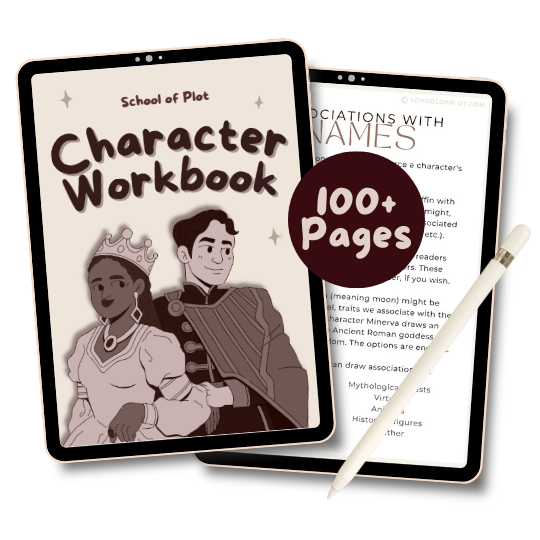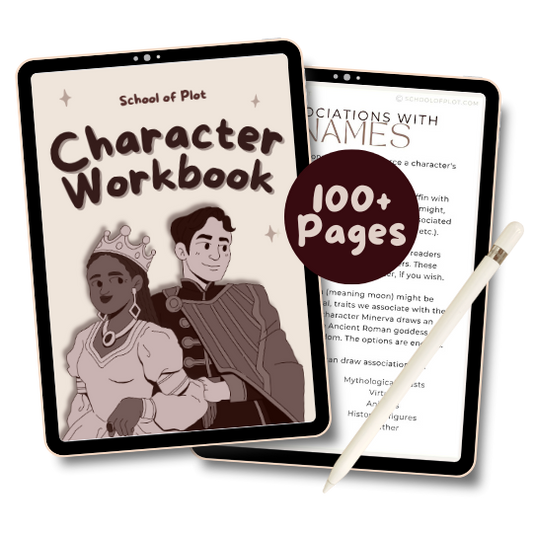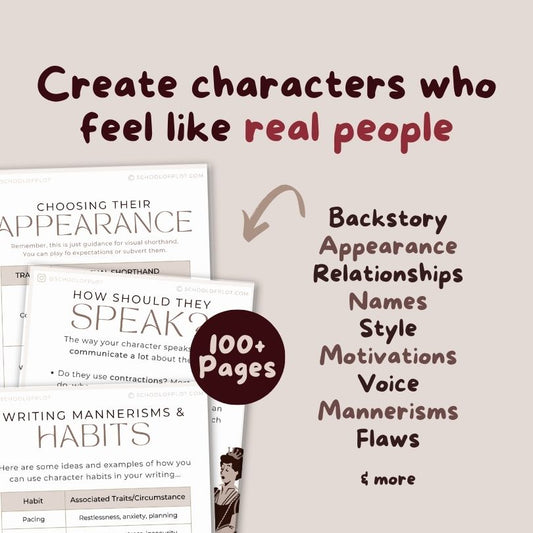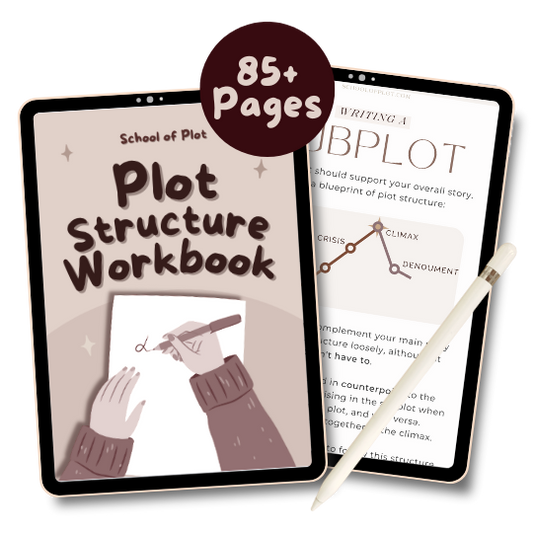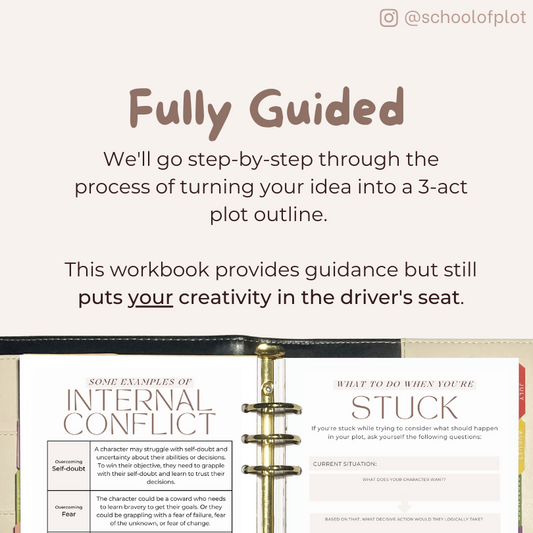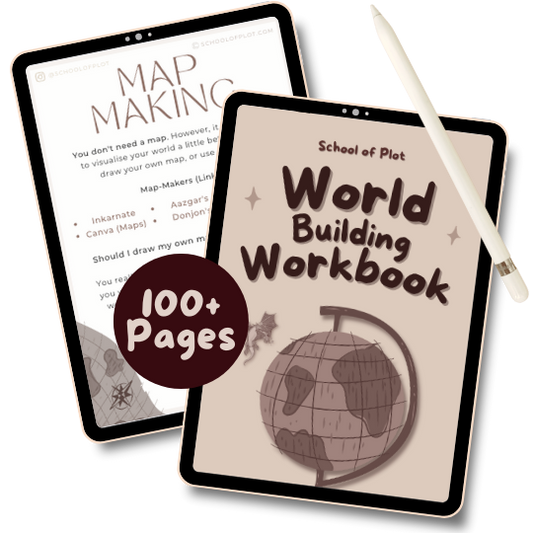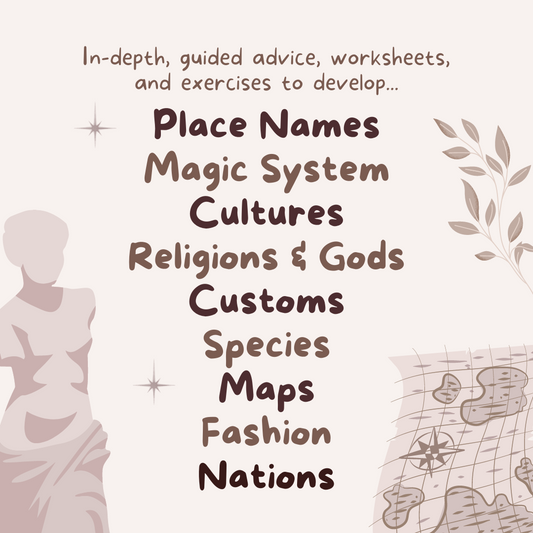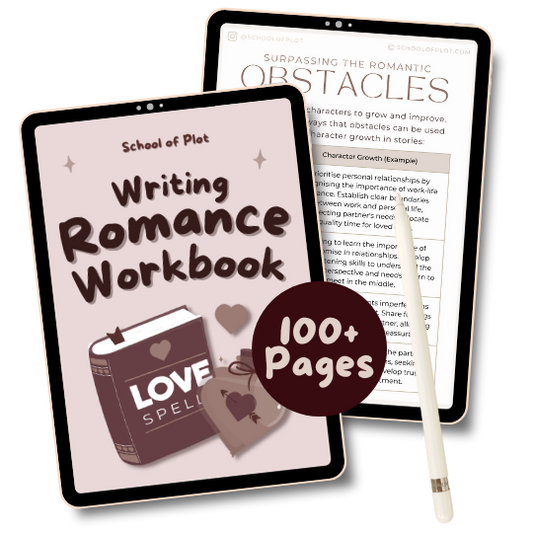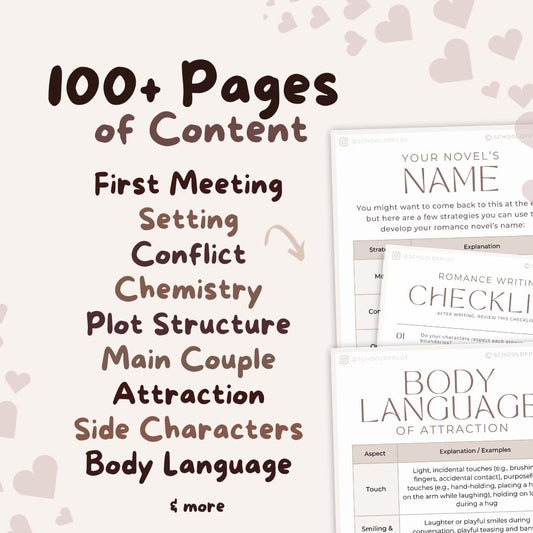Regret can be a great catalyst for character development. Perhaps your character messed up or maybe they just regret not taking action sooner. Either way, this guide shows you some ways to portray that regret as well as the potential apology/confrontation that may follow.
Body Language Cues
- Slouching
- Fidgeting: Nervous tics like playing with hair or tapping a foot
- Averted Gaze: Inability to meet someone's eyes could suggest shame or guilt
- Clenched Fists: Tightly held fists can hint at anger, frustration with themselves or the situation they're in.
- Closed Posture: Crossing their arms or pulling their knees to their chest, turning away, pulling their jumper sleeves down over balled fists, etc.
Vocal Cues
- Cracked Voice: A voice breaking with emotion
- Hesitation: Pauses and faltering speech can show a character struggling to find the words to express their regret
- Monotone: If they’re numb with regret, or shutting down emotionally
- Whispering: If they perhaps can’t fully bring themselves to face what they’ve done
- Sighing: Pausing between sentences or words to sigh heavily
The Apology (If They Ever Apologise...)
- Fumbling Words: Tripping over their words, trying to get it right
- Shifting Blame: A character who apologises but subtly places some blame elsewhere ("I'm sorry, but you did..." ) shows a reluctance to take full responsibility for their regret
- Conditional Apology: An apology tied to a condition ("I'm sorry if..." ) lessens the sincerity and implies they might not actually regret what they’ve done (or they haven’t processed it)
- The Unspoken Apology: A character might do an action intended to make amends without directly apologising
The Confrontation (If It’s Like That)
- Pre-Confrontation Nerves: Since this is important to them, they might rehearse what they’ll say. They might feel nervous or lose sleep.
- Anger from the Other Party: After the confession, the “victim” doesn’t have to take things well. They might be angry, sad or disappointed. This can really drive home that the regretful character’s actions have consequences.
- Resistance to Forgiveness: A character who struggles to accept forgiveness can show the depth of their regret and their need for self-punishment.
Regret As a Catalyst For Change
Regret can be a powerful motivator for positive change (but it doesn’t have to be).
It shines a spotlight on our actions/decisions. This self-awareness can make us really sit and think about our mistakes, identify patterns, and develop strategies to avoid repeating them.
Regret can jolt us into reassessing our priorities. It can teach us what truly matters to us which could guide us towards making choices that align with what we want for ourselves.
